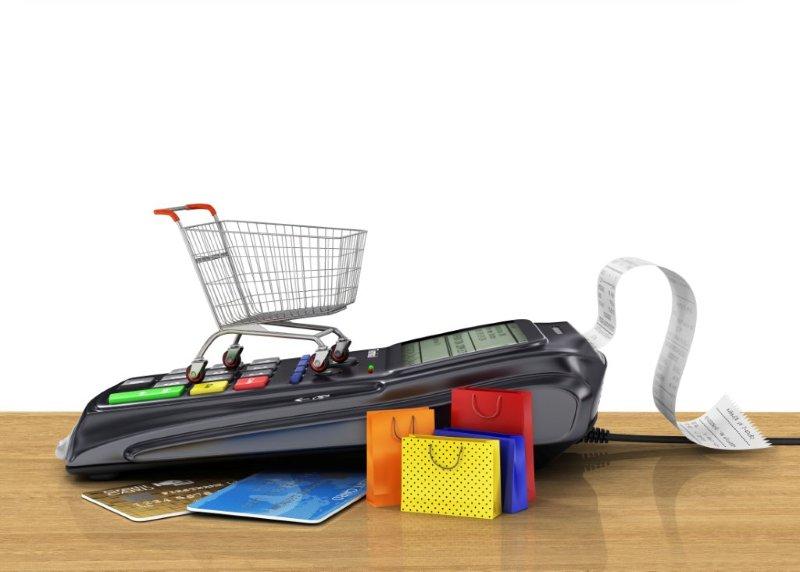Australia is tipped to become of the first markets to go cashless, according to new research.
Galaxy research commissioned by MasterCard found half 50 per cent of consumers predict Australia will be one of the first countries to remove cash, with many preparing themselves for the switch. Two thirds (64 per cent) of consumers are already reducing the amount of cash they carry on them; more than half (53 per cent) now carry less than $50 in cash.
Some Australians would even be happy to see coins phased out sooner than paper (42 per cent), marking them cumbersome and annoying to carry (40 per cent).
While speed and convenience continue to drive the popularity of card payments, the readiness to flip from coin to card could also be a result of increased safety concerns. More than one in three (36 per cent) Australians believe that society would be safer if cash wasn’t around.
Andrew Cartwright, SVP and country manager at MasterCard, believes that the safety advantages associated with cards will play a big role in the adoption of a cashless society.
“Australians have long considered credit and debit cards a fast and convenient way to pay, but what we are starting to see is a real understanding of, and appreciation for, the safety benefits of cards over cash. Australians know that in the instance their wallet is stolen or lost, any cash is as good as gone. However, knowing they’re protected against any unauthorised purchases on their cards provides the peace of mind they need in an already unfortunate scenario,” Cartwright said.
As the likelihood of a cashless country increases, businesses are urged to stay ahead of the curve, with one in three Australians (39 per cent) believing retailers need to do more to embrace new payment innovations to help eliminate cash.
Cash only businesses may have a longer way to go in the eyes of modern shoppers. Most Australians (89 per cent) have negative perceptions of cash only businesses, associating them with being very small (70 per cent), trying to avoid declaring income or paying tax (42 per cent), and being unsophisticated (19 per cent).

